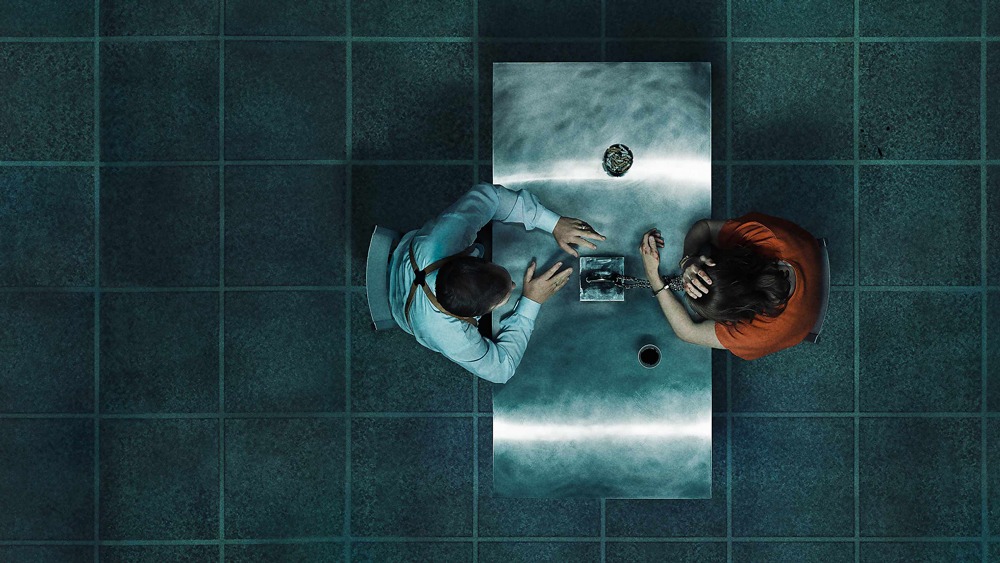‘Interrogation’: TV Review
By Daniel D’Addario
LOS ANGELES (Variety.com) – “Interrogation,” a new drama on CBS All Access, depicts the aftermath of a gruesome murder, with a young man imprisoned, perhaps wrongfully. But it is really all about its unusual hook — that, after the pilot, episodes two through nine can be watched in any order ahead of episode ten’s finale. And it’s regrettable: There’s a good show somewhere inside “Interrogation,” but in order to make the show work even a little bit when screened in random order, much has to be sacrificed.
The stated reason for the shuffled order comes onscreen at each episode’s outset: “When cold case detectives reopen an unsolved case,” we’re told, “they abandon the linear narrative presented in the files of the original investigation.” This is carefully worded to have the ring of truth while not in fact making any sense: “Interrogation” depicts an ongoing investigation in which things happened in a linear order. Each episode is focused on a different individual actor in the case but does contain events happening along a timeline, one that rejiggering only confuses, sparking no new insight. Indeed, scrambling those events up is less like detective work, following leads as they inspire curiosity, than it is like complicating a narrative for its own sake.
In order to make the story track even despite the fact that viewers may watch it in entirely different orders, certain things are made overabundantly clear. Peter Sarsgaard’s police detective, the one who initially arrests a young man (Kyle Gallner) for murder, is not just a petty abuser of power but, whenever he appears across the show’s sweep of time, something like a madman. It’s as though the show worried we’d lose track of the character if he weren’t asserted with the outrageous cruelty of a silent-movie villain. It’s a legitimate concern, though; others of the show’s characters, like the young convict’s father (David Strathairn), are compelling, but fade in and out of the narrative, depending on the episode one’s watching, in a manner whose pace literally cannot be controlled by the show. You might lose Strathairn’s character for quite a while, and to watch “Interrogation” is to be okay with that.
“Interrogation” is just good enough to be frustrating for the ways in which it isn’t yet better, and most of them stem back to the original sin of the show’s format. I dipped around through half the show’s episodes, starting at the beginning and then moving to the penultimate episode in the show’s timeline to see if it would be comprehensible. It wasn’t, really — not nearly as much as were earlier episodes I caught up on, ones that filled in story points that hadn’t tracked at all later on. I felt, learning about a prison roommate of the protagonist’s only when, late in the show, he acted decisively and in a manner that relied backstory to understand, less like a detective than like a dupe. There is a right way to watch this show, it’d seem, and that’s… the way television has been watched since the beginning of the medium, in a temporal order.
Which raises the question of why the gimmick, if even the show itself seems to push back against it. A well-made and compelling show about the various forces aligned against a young man wrongfully imprisoned — one with some name actors but no superstars in front of or behind the camera — might just not be enough to break through on a streaming service that bubbles under Netflix and Hulu in name recognition. This, at least, creates something to talk about — even if it’s far less worth discussing than the straightforwardly good show a single-timeline “Interrogation” might have been.

